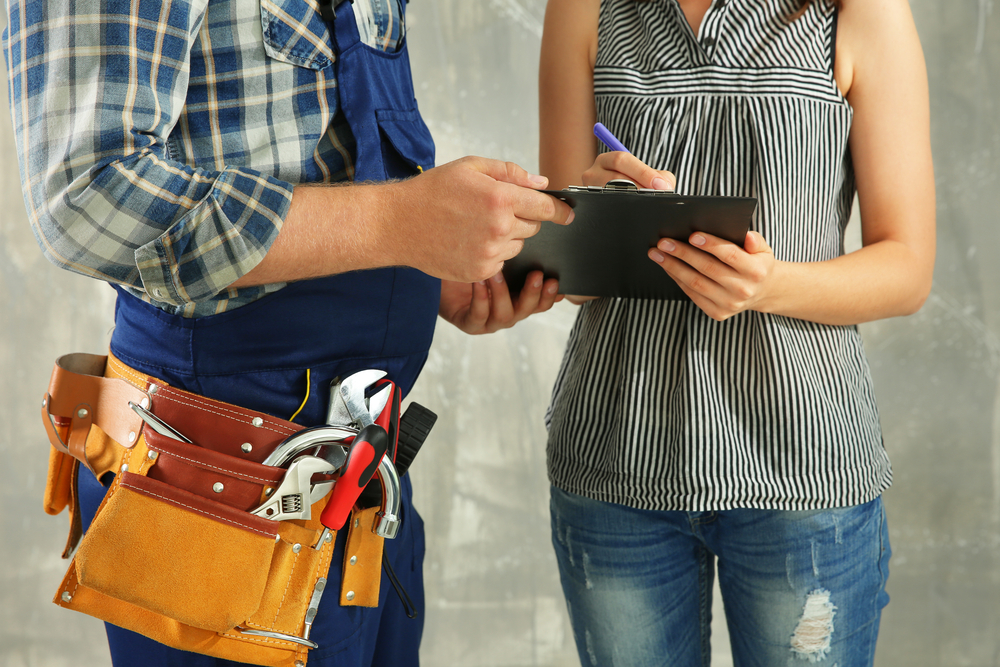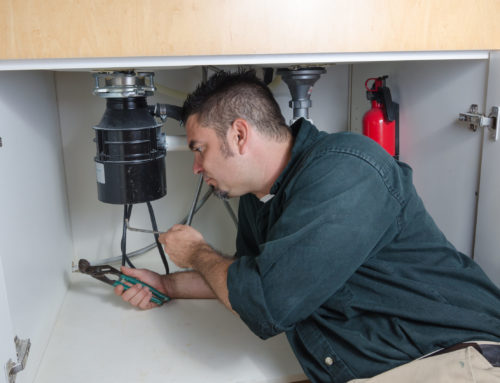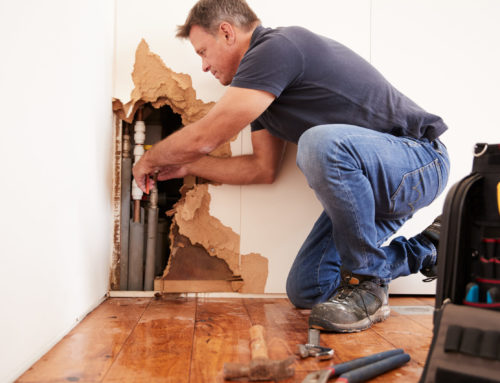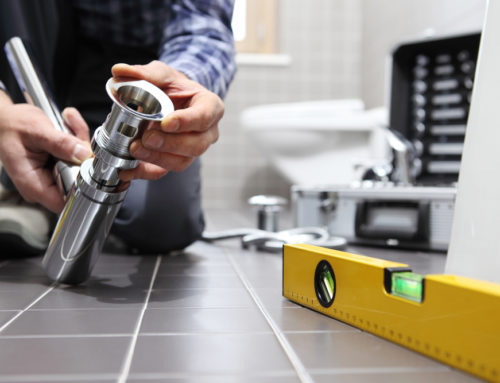As a tenant, it is imperative to know what housing responsibilities are yours and which are your landlord’s. When it comes to maintenance and repairs, it is essential to understand your tenant rights and responsibilities to prevent conflict and unnecessary expenses. Generally, renters are not responsible for maintaining the plumbing, heating, and electricity, even though they may pay for utilities. Usually, a home’s functional upkeep is the landlord’s responsibility. However, not all landlords are willing to make repairs and bear the financial cost. Here’s how to act when a landlord shows resistance.
Understand Your Legal Rights
Ideally, your first move should be to communicate directly with the landlord. If your landlord doesn’t take action to fix the problem, it’s time to figure your legal rights, which are also called “tenant rights.” Your rights are outlined in your lease agreement and the governing real estate laws. If the lease doesn’t address whose duty it is to fix a specific plumbing problem, you’ll find the answer in your local or state real estate laws. Regardless of where you live, landlords are generally required to fix significant issues like structural, plumbing, and electrical problems.
Handling Minor Issues
Typically, a landlord is responsible for ensuring that the plumbing system is in good working order. This includes addressing leaks, water pressure issues, and other problems that result from poor structural integrity. But some problems may be your responsibility to fix, or at least be a shared expense. A good example is a clogged toilet, which should be fixed by a Las Vegas emergency plumber as soon as possible to prevent more damage (and more costly repairs). Your landlord may not be required to pay for repairing clogged drains and garbage disposals, which can happen from a tenant’s improper use. However, if it turns out that an appliance is old, there is a leak somewhere in the system, or the problem resulted from negligence, the responsibility may be your landlord’s.
Seeking Legal Help
If your landlord does not take action or won’t pay you back for the repairs, you can contact a housing authority in the area or even file a claim in court. As you’re working through the problem, try to have all communications to your landlord in writing. This documents what the problem was, when and how you asked to have it addressed, and your landlord’s response. Having written evidence will go a long way in helping your case. Regardless of the recourse you take, however, weigh your options carefully before taking action. This avoids unnecessary expenses and conflict.
No matter whose responsibility it is to pay for repairs, plumbing problems still need to be fixed. Fortunately, Service Plus Plumbing Las Vegas is on hand 24/7 to fix your plumbing emergencies. We handle plumbing problems large and small, including blocked drains and clogged toilets. We also perform inspections on home and apartment plumbing systems to make sure they’re in good condition for renting.






